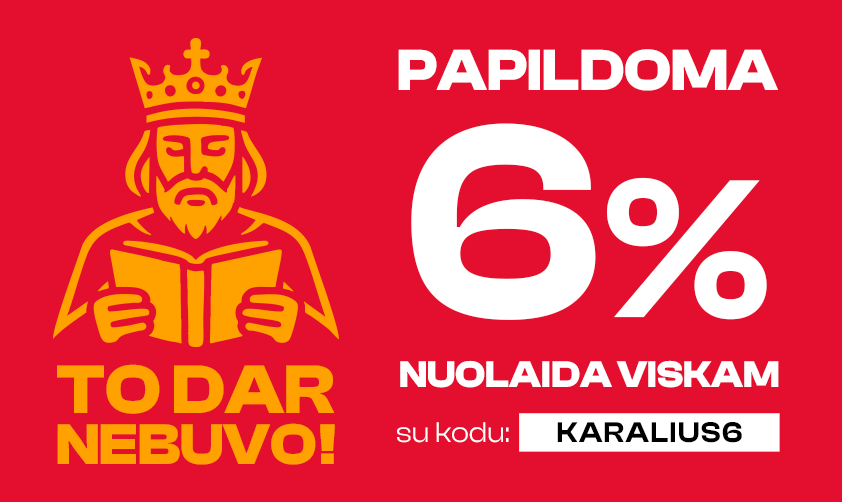
- Išsiųsime per 10–14 d.d.
- Autorius: Richard M Swiderski
- Leidėjas: INDEPENDENTLY PUBLISHED
- ISBN-10: 1731330723
- ISBN-13: 9781731330727
- Formatas: 15.2 x 22.9 x 1.7 cm, minkšti viršeliai
- Kalba: Anglų
- Extra -15 % nuolaida šiai knygai su kodu: ENG15
Atsiliepimai
Aprašymas
Aphrodite descends to protect her son, the Trojan warrior Aeneas, when Diomedes on the side of the Greeks severely injures him. Diomedes has been encouraged by Athena to attack Aphrodite whenever he encounters her siding with the Trojans. He pursues her spear at the ready and launches it into the hand that shelters her son, causing a wound that drips immortal blood, the ichor of the gods. Homer's verses in Book 5 of the Iliad then break aside, or were annotated, for a few lines to explain that the gods do not consume earthly food and drink and are therefore without blood and undying. This eight line passage of the Iliad, and the two lines later in the book that describe Aphrodite's healing by her mother Dione are the only words in the epic of the Trojan War on the physical nature of the gods and one of the few in which a mortal attacks a divinity. The words of the Greek original contain a great deal more information on the subject than a bare English translation provides. Over the centuries of commentary on and translation of the Iliad into post-Homeric forms of Greek, Latin and other languages these words have been seen to expose stalking and a rape, the fundamental constituents of gods and mortals, the force and curse of a warrior, the differences in sustenance among living beings, and the texture of wartime injury and healing. This book is a temporal travelogue of many translations through the lives of translators and the times in which they lived, the same words transformed and mutated within the coruscating glass of our common langauge.EXTRA 15 % nuolaida
Kupono kodas: ENG15
Akcija baigiasi už 1d.08:03:53
Nuolaidos kodas galioja perkant nuo 10 €. Nuolaidos nesumuojamos.

- Autorius: Richard M Swiderski
- Leidėjas: INDEPENDENTLY PUBLISHED
- ISBN-10: 1731330723
- ISBN-13: 9781731330727
- Formatas: 15.2 x 22.9 x 1.7 cm, minkšti viršeliai
- Kalba: Anglų





Atsiliepimai